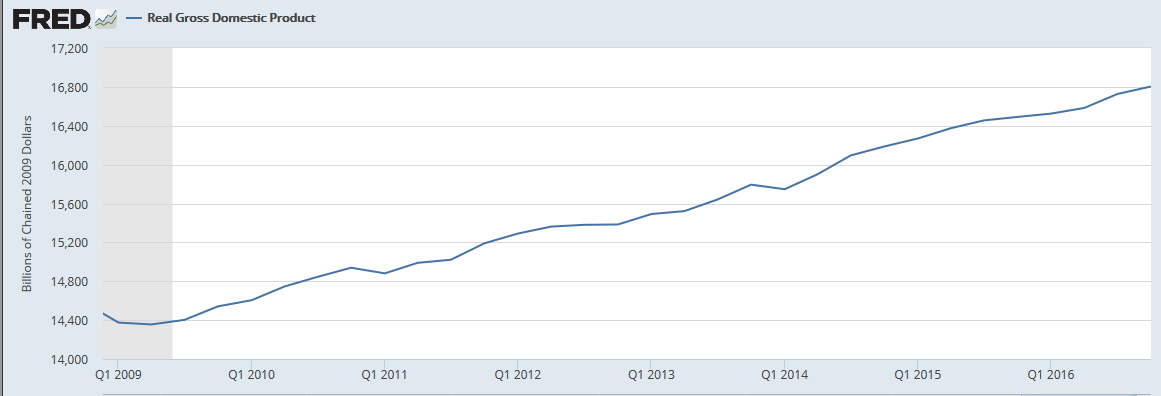No one should read too much into Dean Heller’s minor shots at the GOP House health care bill, caught on audio of a closed meeting and reported at Politico. His comments notwithstanding, Heller’s notorious public silence and evasion since its introduction remains the best indication of what is clearly his firmest position on the bill: He would prefer not to have to vote on it.
Meantime, Heller is also quoted in the Politico piece saying “I’ve heard a lot of people say that every American has a right to an automobile,” which in Heller’s head is presumably a slam-dunk freedom-inspired retort to suggestions that even poor people should have a right to health care. It was not the first time Heller, a car fancier, expressed alarm at the prospect that someone somewhere was getting a car they didn’t deserve. It was also perhaps his most trenchant argument against the Obama stimulus.
At his closed meeting reported by Politico, Heller also declared “We didn’t have economic growth for the last eight years.” Given the context — “It’s been eight years, eight years since I’ve heard a treasury secretary talk about economic growth” — it seems fair to take the charitable view; that is, Heller knows there has been economic growth, he just meant that it hasn’t been as rigorous as it would have been under a Republican administration.
For the record, at the end of Obama’s presidency in the fourth quarter of 2016, the U.S. economy was about 17 percent larger than it was when he took office in the first quarter of 2009.

There is much to critique about Obama economic policy — for starters, far too much of the aforementioned stimulus was in tax breaks instead of spending (be it on infrastructure or the Cash for Clunkers plan that so offended Heller). And at roughly 2 percent, the average annual economic growth rate under the Obama administration was not as robust as the 3 percent post-World War II average. On the other hand, the economy Obama inherited was in man-made freefall, and it’s worth remembering that the Republican recovery plan consisted primarily of repeating free-market clichés (and in Heller’s case, expressing outrage that the undeserving had cars) and waiting for the invisible hand to fix everything.
Free-market clichés are the core — perhaps the extent — of Heller’s economic positions, and a full-throated embrace of GROWTH! is Heller’s default safe space. Accordingly, he seems oblivious to the fact that the benefits of economic growth to his constituents can be minimal or even nonexistent, depending on how those benefits are distributed. Instead, Heller blithely and unquestioningly assumes growth will just trickle down to everyone. Heller rarely gives interviews – I’ve no illusion that he would ever give one to me – but it would be fun to see a reporter ask Heller to explain, for instance, the disconnect between growth and household income, and how Nevada’s median income has fallen even as Nevada’s economy has grown.
Heller’s lazy reliance on market worship, and his simplistic faith in the power of consumers exercising free choice to solve every conceivable problem, emulates that of any number of his Republican colleagues — Paul Ryan’s rationalization for his health care bill is ideological, not economic. But as I’ve suggested before, Heller represents a state that in many ways has passed him by. Southern Nevada, where Heller’s infallible market forces fail roughly a third of the workforce every day, seems especially irrelevant to Heller, and Heller’s tired rhetoric increasingly irrelevant to it.
Instead of being a U.S. senator whose primary preoccupation is the hurried and worried evasion of positions and the press, Heller would probably be happier in a less stressful job, one with much lower stakes, but also a job better suited to his talents and interests. Perhaps the Farm Bureau is hiring.